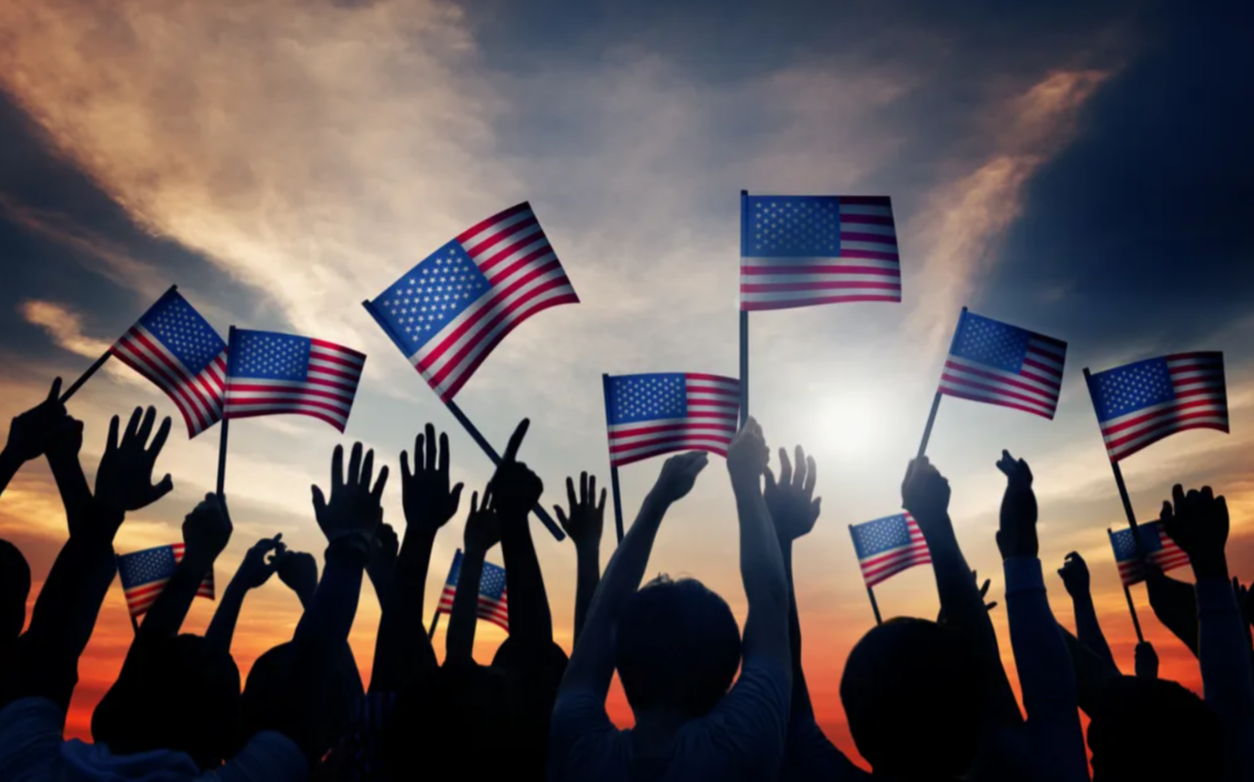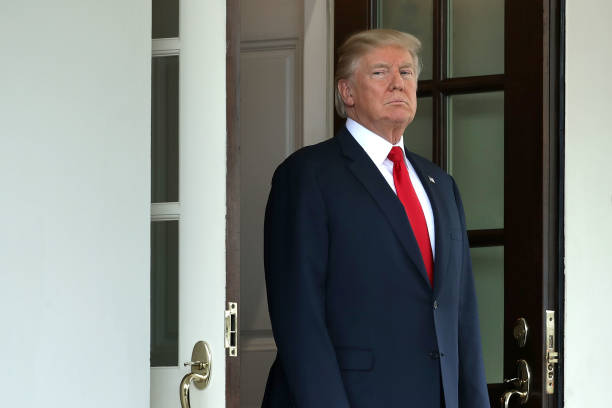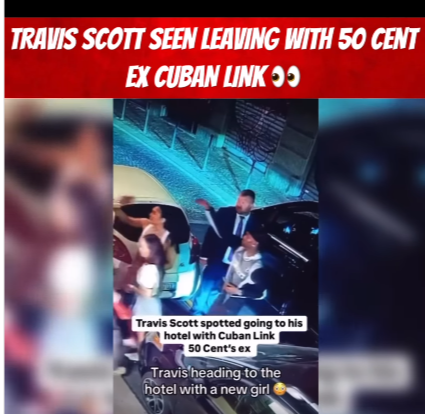(ThyBlackMan.com) There is an interesting scene in the 2006 movie The Good Shepherd. Produced and directed by Robert De Niro, the film purports to reveal “the untold story” of the origins of the CIA. The following is an exchange between two of the movie’s stars, Joe Pesci (as Joseph Palmi) and Matt Damon (as Edward Wilson Sr.). Palmi is a fictional mobster based on real-life gangsters Santo Trafficante Jr. and Sam Giancana, whereas Wilson is a fictional CIA agent based on real-life spy James Jesus Angleton:
Palmi: “Let me ask you something… We Italians, we got our families and we got the church. The Irish, they have the homeland. Jews, their tradition. Even the niggers, they got their music. What about you people, Mr. Wilson? What do you have?
Wilson: “The United States of America. The rest of you are just visiting.”
The movie is largely forgettable, but that scene arrested my attention. It’s still lodged in my psyche. While the dialogue is fictional, the words convey a powerful truth about our nation. Damon’s character is a WASP – the phenotypical, cultural, religious, and socioeconomic default of a “true American”. To be a WASP is to personify the “unum” (i.e., the “one”) that is referred to in America’s former motto, E Pluribus Unum. (The fact that our national tagline was in a language that only a handful of Americans understand is a rich topic that I cannot exegete here.)

That “one” is the intended byproduct of our “melting pot” mythology. For the uninitiated, the provenance of the phrase “melting pot” – as it relates to cultural assimilation – traces back to a 1908 play of that name. Israel Zangwill’s Melting Pot is a story about a Jewish family that emigrates to the U.S. to escape brutal antisemitism in their Russian homeland. The main protagonist dreams of a world that has jettisoned racial, religious, and ethnic hatred.
The well-worn phrase is a metaphor regarding the idyllic comingling of disparate peoples that results in the dissolving of their (ostensibly) superfluous differences. Despite its intentions, that notion has always been problematic. The vision of a single national identity having been forged from diverse groups is not inherently bad, but it has always been blurred by stark reality.
This is due in part to the fact that attachments to “old world” cultures, languages, and traditions from Europe, Africa, Asia, and elsewhere die hard. In short, people are attached to their history. Add to this the fact that the heat of xenophobic tendencies has always overcome the light of assimilation. There is always an “other” who is excluded from the “us”. Most importantly, the goal should never have been to “get past” race; the goal should always have been to get past racism.
What does it mean – what does it really mean – to be an American? I frequently ponder social controversies old and new. This includes the one concerning Colin Kaepernick kneeling during the national anthem, as well as the opprobrium that is leveled at those who burn the U.S. flag in protest. I can’t help but to marvel at the fact that the people who become incensed at such acts are most often (though not always) the very ones whose behavior causes Kaep and others to sit out the anthem.
Indeed, such “patriots” frequently are so cognitively dissonant that they miss the irony of embracing the traitorous Confederate flag even as they threaten violence against those who set Old Glory ablaze. They are the ones who are most likely keen to challenge birthright citizenship, which is granted under the 14th Amendment. I often wonder to what (or to whom) they are actually pledging allegiance as they solemnly rest their hands over their hearts.
I have been to more than a dozen countries. One effect of having done so is that it has caused me to cling more tightly to my nationality. Traveling outside the U.S. makes me feel more American than reciting the Pledge of Allegiance or singing the national anthem. In fact, the only thing that makes me feel more American than international travel is reflecting on the fact that my forebears fought and even died for that which most white Americans take for granted. Thus, when I refer to myself as an “African American”, I am not casting shade on the latter part of that appellation. I am summoning W.E.B. DuBois by equally affirming both.
As I witness nearly half the nation attempt to destroy our democracy, I have concluded that most white Americans don’t understand what is at stake. Or, terrifyingly, perhaps they do. In either case, what we are experiencing in America (and around the world) is miles beyond the so-called culture wars. It is even beyond being just another skirmish in the interminable struggle to choose a type of government. We are truly on the precipice of an existential crisis. I pray that we pull back before it is too late.
Written by Larry Smith















Leave a Reply